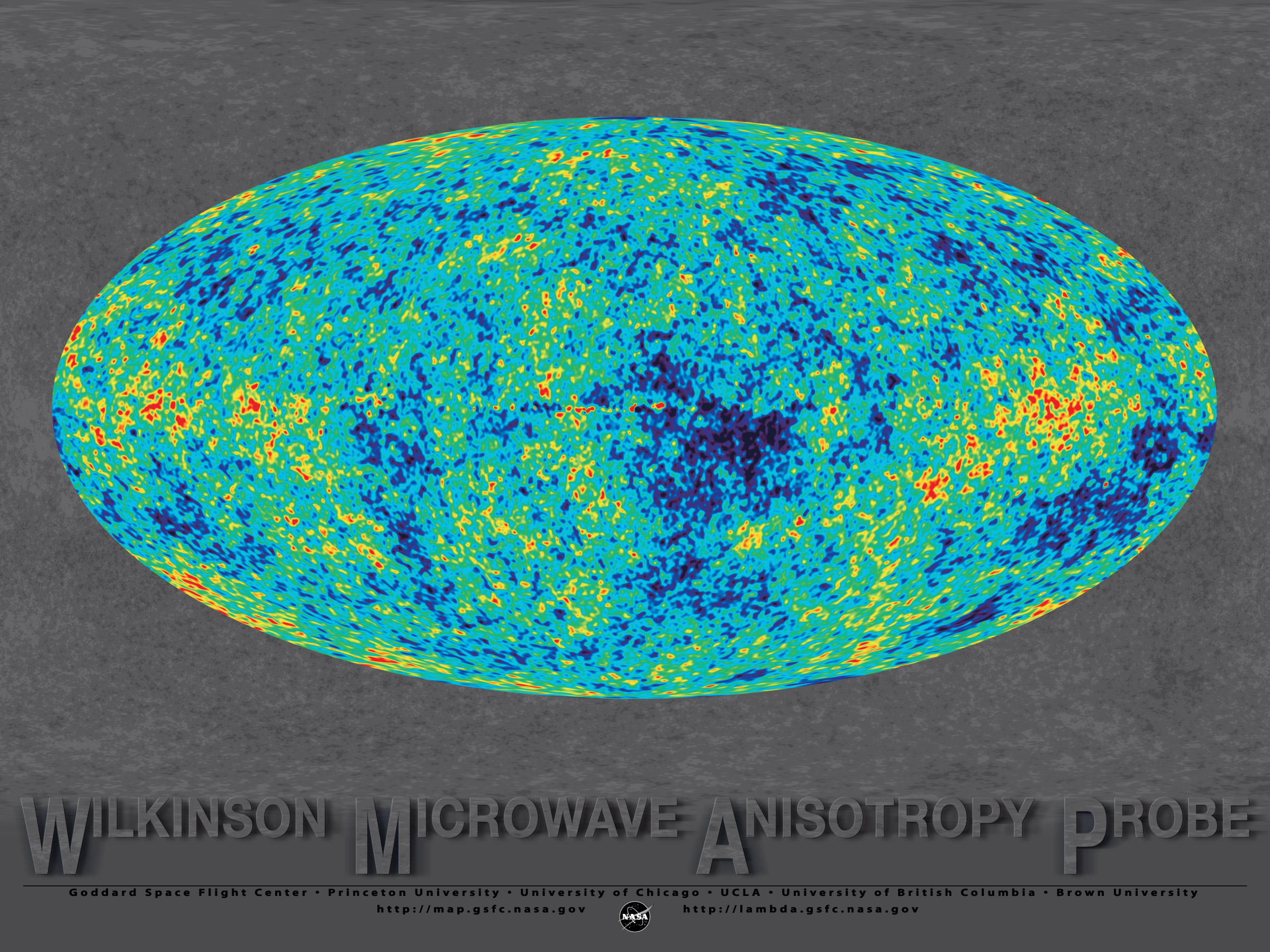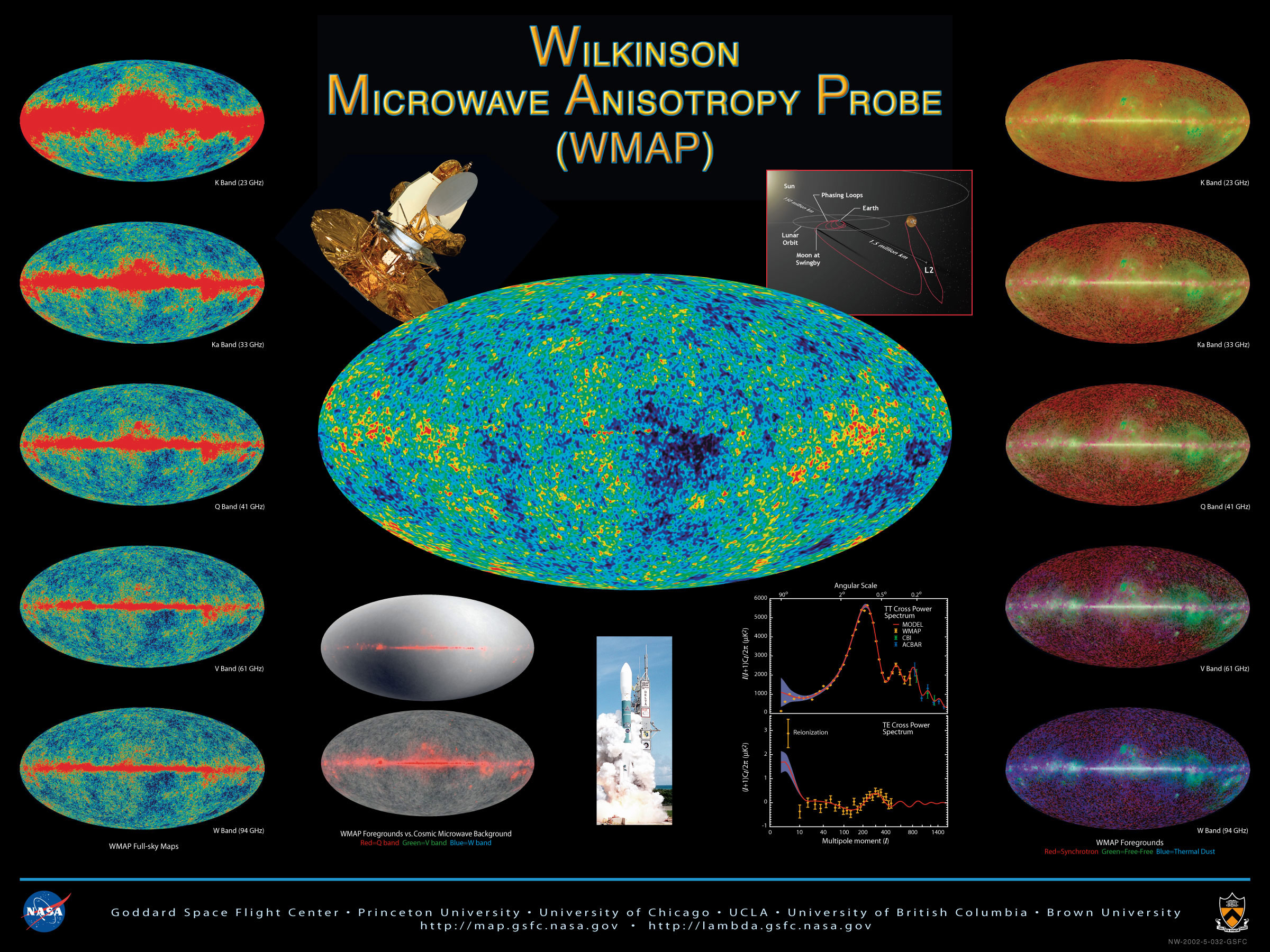Navigating the WMAP Natuurkunde Examen: A Comprehensive Guide
Related Articles: Navigating the WMAP Natuurkunde Examen: A Comprehensive Guide
Introduction
With great pleasure, we will explore the intriguing topic related to Navigating the WMAP Natuurkunde Examen: A Comprehensive Guide. Let’s weave interesting information and offer fresh perspectives to the readers.
Table of Content
Navigating the WMAP Natuurkunde Examen: A Comprehensive Guide

The WMAP Natuurkunde Examen, or the "National Examination for Physics" in English, is a pivotal assessment for students in the Netherlands pursuing a degree in physics. It serves as a benchmark for their understanding of fundamental physics concepts and their ability to apply them in diverse contexts. This examination, administered by the Dutch Ministry of Education, Culture and Science, is a significant step in the academic journey of aspiring physicists.
Understanding the Examination Structure and Content
The WMAP Natuurkunde Examen is a comprehensive assessment that evaluates a student’s proficiency across various branches of physics. It typically consists of two parts:
- Written Examination: This section focuses on theoretical understanding and problem-solving abilities. It comprises multiple-choice questions, open-ended questions requiring detailed explanations, and calculations involving complex physical phenomena.
- Practical Examination: This section assesses a student’s experimental skills and their ability to interpret data. It often involves conducting experiments, analyzing results, and drawing conclusions based on scientific evidence.
The content covered in the WMAP Natuurkunde Examen aligns with the national curriculum for physics education in the Netherlands. This includes, but is not limited to, topics such as:
- Mechanics: Kinematics, dynamics, work and energy, momentum, rotational motion, and gravitation.
- Heat and Thermodynamics: Temperature, heat transfer, specific heat, enthalpy, entropy, and the laws of thermodynamics.
- Electromagnetism: Electric fields, magnetic fields, electromagnetic induction, and electromagnetic waves.
- Waves and Optics: Wave phenomena, sound waves, light waves, interference, diffraction, and polarization.
- Modern Physics: Quantum mechanics, atomic physics, nuclear physics, and particle physics.
Importance and Benefits of the WMAP Natuurkunde Examen
The WMAP Natuurkunde Examen holds significant importance for several reasons:
- Academic Validation: It serves as a formal assessment of a student’s knowledge and skills in physics, allowing universities and institutions to evaluate their preparedness for higher education in the field.
- Career Advancement: A successful score on the examination can open doors to a wide range of career opportunities in physics, research, engineering, and other related fields.
- National Standard: The examination establishes a national standard for physics education, ensuring consistent quality and rigor across different schools and institutions.
- Personal Growth: The preparation process for the examination encourages students to delve deeper into the subject matter, develop critical thinking skills, and enhance their problem-solving abilities.
FAQs Regarding the WMAP Natuurkunde Examen
1. When is the WMAP Natuurkunde Examen administered?
The examination is typically held once a year, usually in the spring or summer, depending on the specific academic calendar.
2. How do I register for the WMAP Natuurkunde Examen?
Registration for the examination is usually managed through the student’s school or institution. Specific details regarding registration procedures can be obtained from the school or the Dutch Ministry of Education, Culture and Science website.
3. What are the passing criteria for the WMAP Natuurkunde Examen?
The passing criteria for the examination are set by the Ministry of Education, Culture and Science. Typically, a minimum score is required to pass, and this score may vary depending on the specific year and the overall performance of the cohort.
4. What resources are available to help me prepare for the WMAP Natuurkunde Examen?
Numerous resources are available to aid students in their preparation, including:
- Textbooks and Study Guides: Several textbooks and study guides specifically designed for the WMAP Natuurkunde Examen are available in bookstores and online.
- Practice Exams: Past exam papers and practice exams can be found online or through educational institutions.
- Tutoring Services: Private tutors or online tutoring platforms can provide personalized support and guidance.
Tips for Success in the WMAP Natuurkunde Examen
- Start Early: Begin your preparation well in advance of the examination to allow ample time for thorough study and practice.
- Understand the Curriculum: Ensure a strong grasp of all the topics covered in the national curriculum for physics education.
- Practice Problem-Solving: Engage in regular problem-solving exercises to develop your analytical skills and apply theoretical concepts to real-world situations.
- Seek Help When Needed: Do not hesitate to seek assistance from teachers, tutors, or online resources if you encounter difficulties with specific concepts or topics.
- Manage Your Time Wisely: During the examination, allocate your time effectively to ensure you can attempt all questions to the best of your ability.
- Stay Calm and Focused: Maintain a calm and focused mindset during the examination to avoid unnecessary stress and ensure optimal performance.
Conclusion
The WMAP Natuurkunde Examen is a challenging but rewarding assessment that plays a vital role in the academic and professional journey of aspiring physicists in the Netherlands. By understanding the examination structure, content, and importance, and by implementing effective preparation strategies, students can navigate this crucial milestone with confidence and achieve their goals in the field of physics.








Closure
Thus, we hope this article has provided valuable insights into Navigating the WMAP Natuurkunde Examen: A Comprehensive Guide. We appreciate your attention to our article. See you in our next article!